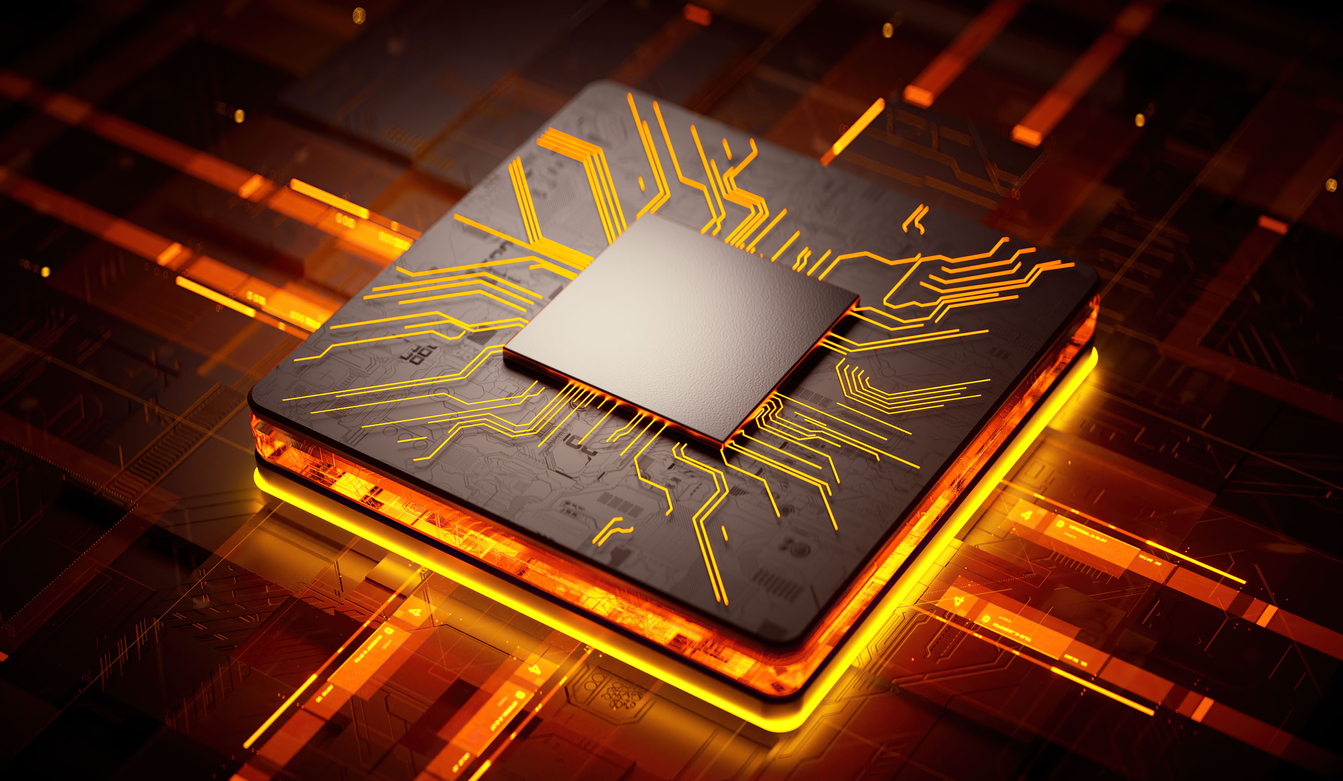
November 2, 2023
Currently, the Digital economy contributes 20% of India’s GDP
The summit assembled international digital ministers, leaders from the technology sector, prominent academics, and civil society representatives
The discussions revolved around shared challenges stemming from emerging AI technologies and potential mitigating strategies
The future of technology, including innovation, partnerships, and regulatory frameworks, should be shaped by a coalition of nations

Minister of State (MoS) for Electronics and Information Technology, Rajeev Chandrasekhar, highlighted India’s swift transition to a digital economy over the past eight years. He noted that during this period, the nation has significantly increased its digital economy’s contribution to the total GDP, elevating it from around 4.5% to a targeted 20% by 2025-26.
Presently, India stands at 11% in this regard. Chandrasekhar made these remarks while participating in the global AI summit hosted by the United Kingdom.
The summit assembled international digital ministers, leaders from the technology sector, prominent academics, and civil society representatives. The discussions revolved around shared challenges from emerging AI technologies and potential mitigating strategies.
Chandrasekhar emphasised the importance of international collaboration, such as events like the Global AI Summit, to navigate the future of technology. He stated that such conversations between countries are crucial, particularly in a year when technology is presenting unprecedented opportunities for humanity.
The Global AI Summit is a platform for policymakers, investors, and innovators to discuss AI’s current state, investment prospects, commitments, and governance.
Chandrasekhar underscored that the future of technology, including innovation, partnerships, and regulatory frameworks, should be shaped by a coalition of nations rather than a select few countries. He stressed the need for sustained and strategically clear international cooperation.
Source: Mint